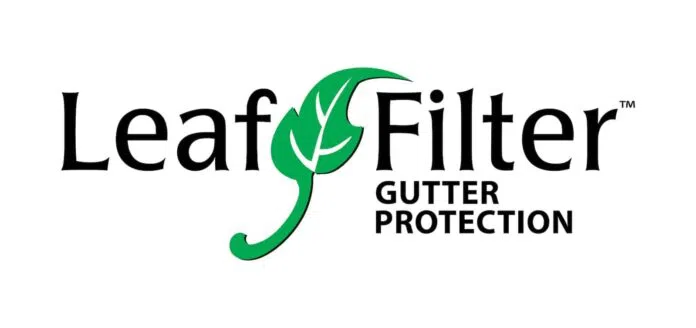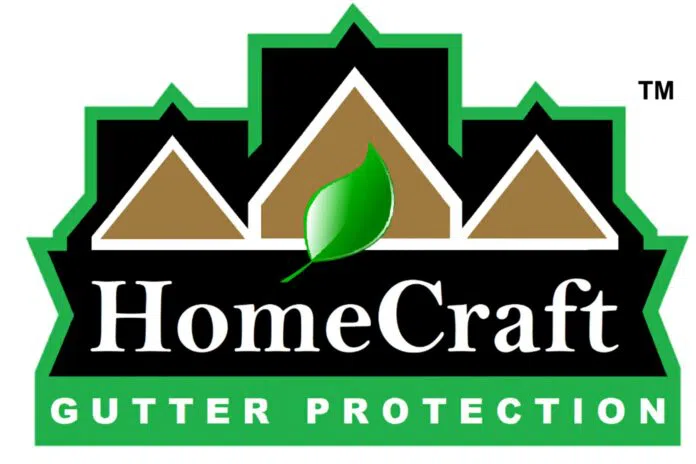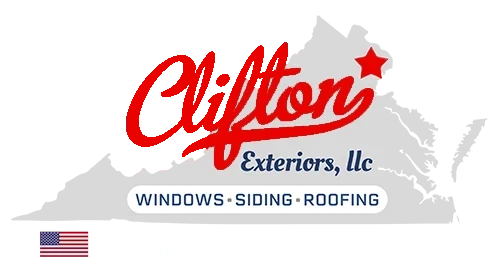Signs You May Need Gutter Guards
Gutter guards aren't required for all homes, but evidence of obstructed gutters is clear. Indicators of recurring gutter troubles are:
- Visibly saggy, damaged, or misaligned gutters that no longer direct rainwater correctly
- Leaky seams or joints where water leaks out of gutters
- Mold growth, interior wall stains, or peeling exterior paint on walls near gutters.
- Frequent clogs that lead to overflow and water spilling over gutters
- Soggy ground or visible erosion around your home's foundation
How To Choose a Gutter Guard Installer
Assess Their Experience
When choosing an installation company, look for one with years of experience and knowledge about numerous brands and guard types. An experienced company will understand how to measure and fit gutter guards for your specific needs. Inquire about a provider's years of experience and request referrals from local customers.
Verify Proper Licensing and Insurance
Always ensure your gutter guard installers are licensed, bonded, and have general liability insurance and workers compensation. This protects you from liability for any accidents or injuries that might happen. Ask to see current licensing and insurance papers when talking with potential providers.
Choose Reputable Brands
Look for installers that carry leading trusted gutter guard brands such as Gutter Helmet and LeafFilter. Steer clear of companies that only install generic no-name guards or their own off-brand products. These lesser-known products may not have the same level of rigorous testing as major brands.
Seek Custom Fit Services
For ideal performance, gutter guards need to be sized and cut on-site to match your unique gutter setup. Select a company that custom measures and trims guards specifically for your home, rather than using universal guards. Properly fitted guards will leave no gaps for debris to get stuck.
Examine Warranties
Leading gutter guard companies normally offer 20-year or lifetime warranties for leaks, rust, clogs, and other issues. Before choosing a company, carefully review the warranty terms for workmanship and materials guarantees. Warranties are an excellent means of protecting your gutter investment.
Check Reviews and Referrals
Take some time to research online reviews on the Better Business Bureau (BBB), Yelp, Google Reviews, and other review sites to read about customer experiences. Ask neighbors for recommendations of quality local gutter guard companies. When researching providers, we'd recommend opting for companies with consistent positive feedback instead of just one or two reviews.
Types of Gutter Guards
The six typical gutter guard types are as follows:
- Brush guards are made of large brush bristles that are installed in your gutters, allowing water to pass through while blocking debris. Brush guards cost around $4.04 per linear foot.
- Foam guards consist of pieces of foam that sit in your gutters to stop debris. They're lightweight and easy to install. On average, you can expect to pay $2.46 per linear foot for foam guards.
- Screen guards have large holes that let water through while keeping out debris. Screen guards cost roughly $4.33 per linear foot.
- Mesh guards have smaller holes than screen guards and similarly stop debris while allowing water to filter through. Mesh gutter guards are durable and help debris slide off rather than sit on your gutters. On average, you can expect to spend $4.09 per linear foot for mesh guards.
- Micro-mesh guards have even smaller holes than mesh guards, letting even less debris through than mesh. These types of guards are extremely effective. Micro-mesh guards cost around $5.17 per linear foot.
- Surface tension guards, also called reverse curve guards, use surface tension to encourage water to flow into gutters while debris slides off. Generally, they are visible from the ground. Surface tension guards cost roughly $3.19 per linear foot.













